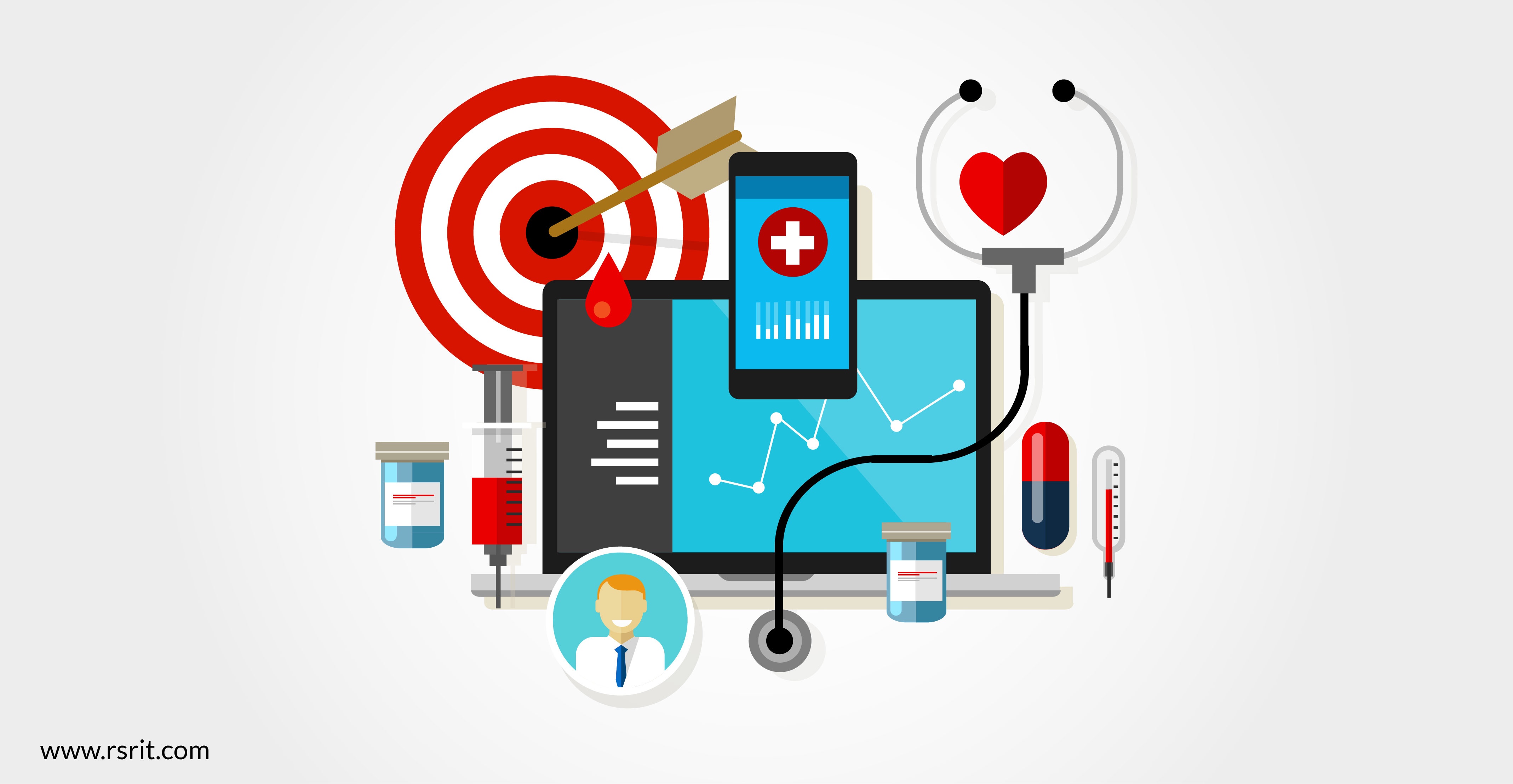According to the U.S. National Institutes of Health, precision medicine is “an emerging approach for disease treatment and prevention that takes into account individual variability in genes, environment, and lifestyle for each person.” For the rest of us, it is the future where we’re cured of serious diseases not through the power of a specific treatment, but rather through the power of deep understanding of our individual bodies and specific conditions.
This is not a new concept: The more health care providers know about the patient, the more likely a treatment will be effective and not cause harm. Common forerunners of modern precision medicine include concepts such as typing the blood of transfusion recipients to reduce complications or including drug allergies in a patient’s medical record to ensure they are not prescribed medications to which they will have a negative reaction.
Healthcare workers are now taking that a step further, combining information about the individual patient with data sets on large patient populations and other factors, such as cancer genetics. For instance, physicians regularly use genetic testing data on patients with breast, lung or colorectal cancers, melanomas or leukemias to select treatments that improve outcomes and reduce adverse side effects.
The expansion of precision medicine concepts also helps health care providers take more and more factors about a patient into account. We’ve all seen basic levels of these considerations in pharmaceutical ads, for instance: “People with immune disorders should not take this medication.” Precision medicine concepts continually focus those kinds of decisions, basing treatment decisions not simply on a broad “people with immune disorders” determination, but rather on an ongoing, monitored consideration of an individual’s immune system blood test results, potentially in conjunction with other factors such as genetic testing or even real-time blood sugar or blood pressure monitoring.
This all begins with data. Healthcare providers today are grappling with the challenge of taking datasets originally created by and for researchers and turning them into tools for precision medicine at the bedside. As academics understand more about how and why diseases operate at the molecular and genetic level, providers are taking those breakthroughs and using them to save lives.
The common factor behind virtually all precision medicine, today and into the future, is its reliance on data and analytics. Whether it’s patient-specific medical information or large datasets of population genetics or clinical trial results, these practices are based on understanding as much as possible about how a treatment will – or won’t – succeed by knowing about the entire range of factors that play into a treatment’s success or failure.
This means taking many of the challenges common today in healthcare IT and taking them to the next level. Data harmonization becomes all the more important as more external data sets are brought into the clinical environment, often at short notice. Patient privacy concerns around genetic data and treatment plans become more important, and communication with third-party insurers becomes more robust. All of these factors and more place stresses on legacy health care IT systems and require constant, strategic planning and management.
Do you want to ensure your health care organization has the right data and analytics infrastructure to take advantage of the precision medicine revolution? Contact us today to learn more.



